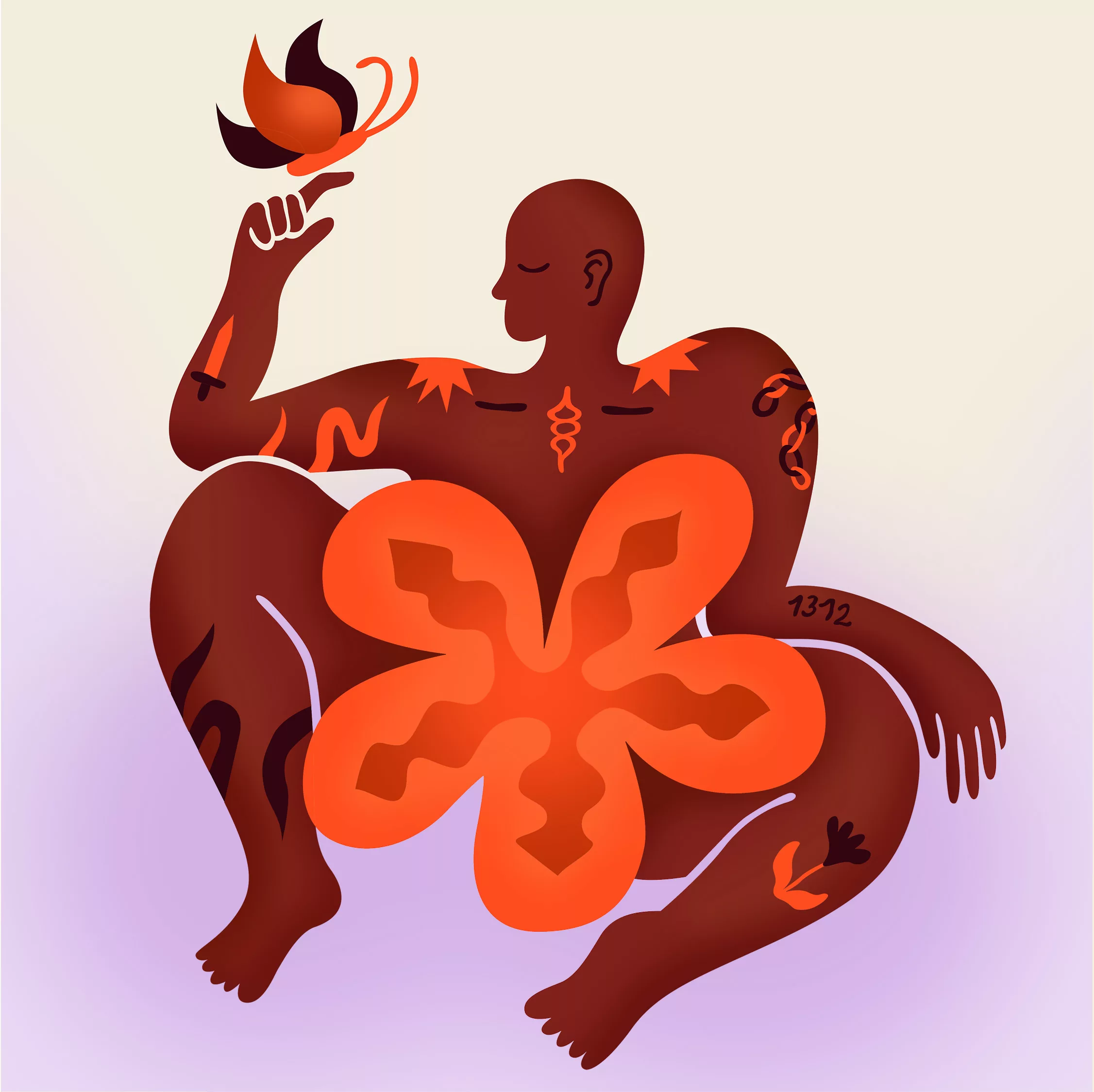Your cart is currently empty!

Someone, Test Me: Where to Go for an STBBI Test
In my opinion, making an appointment to get tested for sexually transmitted and blood-borne infections (STBBIs) is a bit like subscribing to the gym: we may be full of good intentions by planning on doing it… but we often end up putting it on the backburner.
That said, don’t get discouraged. Not only does an STBBI test take much less time than a pilates class, but it’s also way cheaper than a monthly subscription to a fancy gym.
Okay, the athletic metaphor might be fun, but how does an STBBI test actually work?
Contrary to popular belief, STBBI testing is more of a preventative measure than a reactive one.
It’s better to get tested before having sex rather than after if you want to protect everyone’s health (and pleasure!). I mean, you wouldn’t do your soundcheck after your show, right?
We know that STBBIs can be real camouflage pros. While you or your date may be asymptomatic, you could still transmit an STBBI. To get tested, you don’t have to wait for symptoms to show up like a colleague who inevitably ruins the conga line at the Christmas party.
If things are already feeling hot—or burning—in your pants, stop your doom scrolling and make an appointment with your doctor. They can test you for STBBIs in addition to prescribing an appropriate treatment on the spot.
No family doctor? No problem! Some specialized clinics, such as L’Actuel (Montréal), will be able to give you an appointment quickly. Other clinics, such as Dispensaire (Saint-Jérôme), accept walk-ins (though it’s better to call them first, just in case). Visit the DépistaFest website to discover the festival’s partner clinics in your area.
Now that you have a better idea of when and where to get tested, let’s talk about the types of clinics you can go to.
1. Pubic… uh, public clinics
Here, we’re talking about your family doctor, if they work at a public practice, but also about CLSCs or, if you are under the age of 25, youth clinics. The advantage of public services is that they are free when you present your RAMQ card. As my grandmother always said, “It’s nice to have a sun card!”
Some clinics may charge a fee of up to $15 for transporting the samples to a laboratory. You can ask the clinic about transportation fees when you make your appointment. Also, remember that, if you don’t have any symptoms, there may be a bit of a wait. Given the high demand for STBBI testing, symptomatic cases are prioritized.
2. Community services
Just like public clinics, community services are free or offered at minimal cost (the good old $15 transportation fee). These are often temporary or outreach clinics deployed by community organizations to reach specific populations (sex workers, men who have sex with men, etc.) for whom the services offered by most clinics may not be safe or adapted.
3. Private clinics for your private parts
Are you the VIP type who likes to receive your test results promptly? Private clinics will generally be able to offer you an appointment without any (or much) waiting time, and the test results will be sent to you in a timely manner. We’re talking within 72 hours, compared to two to three weeks at public clinics.
Of course, fees will apply. These vary by type of service, and each clinic determines its own fees. For example, clinique Santé 360 (Anjou and L’Assomption) offers two options: the cost of their testing service through the public system is $85, while a test sent to a private lab will cost you $175. Don’t hesitate to contact the clinic of your choice to find out about its fees.
4. Solo concert: self-sampling clinics
There’s one more option out there: self-sampling clinics. It’s exactly what it sounds like: you take your own samples yourself. Obviously, self-sampling doesn’t include blood samples. A nurse will take care of that if necessary!
Before booking an appointment, you will be made to fill out a short questionnaire. Once at the clinic, after a brief discussion with the nursing staff, all you have to do is do your job according to the instructions provided (urine and/or swab sample[s]), and voilà: it’s really that simple.
As it turns out, DépistaFest’s official clinic, Prelib, is a self-sampling clinic. To find out more about the Prelib experience, you can read our article on the subject.
The best of both world: in-clinic self-sampling
Whatever the reason for your discomfort, know that you can always ask the healthcare staff if you can collect your sample yourself—with the exception of blood samples, of course.
Some clinics, like Le Dispensaire (Saint-Jérôme), readily offer this option unless the patient requests otherwise. In some cases, it’s possible that your request will be refused, but one who ventures nothing gains nothing! Remember that you can always end an appointment if you no longer feel safe or comfortable. Also note that, as self-sampling requires a high level of autonomy and mobility, it’s not suitable for everyone.
In the end, choosing where and how to get tested is a bit like the music we listen to: it’s personal.
Ready to book an appointment? All you have to do is find the right clinic! Check out the list of festival partner clinics in your area.
You can also refer to this comprehensive map of screening clinics in Quebec: HIV – AIDS – STBBI – Screening sites in Quebec – Portail du sida.
The organization Interligne also has a registry of queer-friendly resources across Canada.





